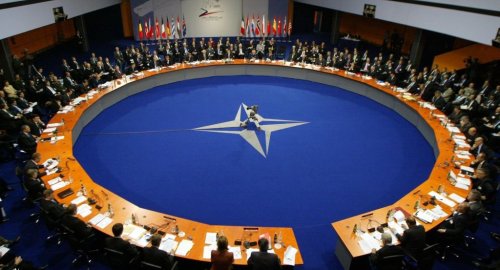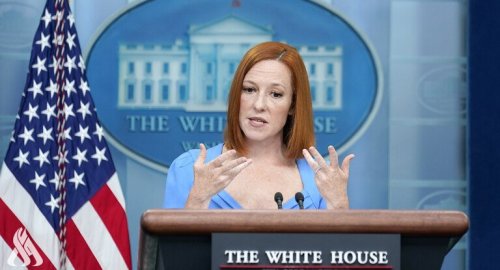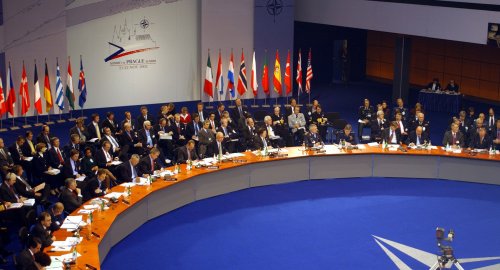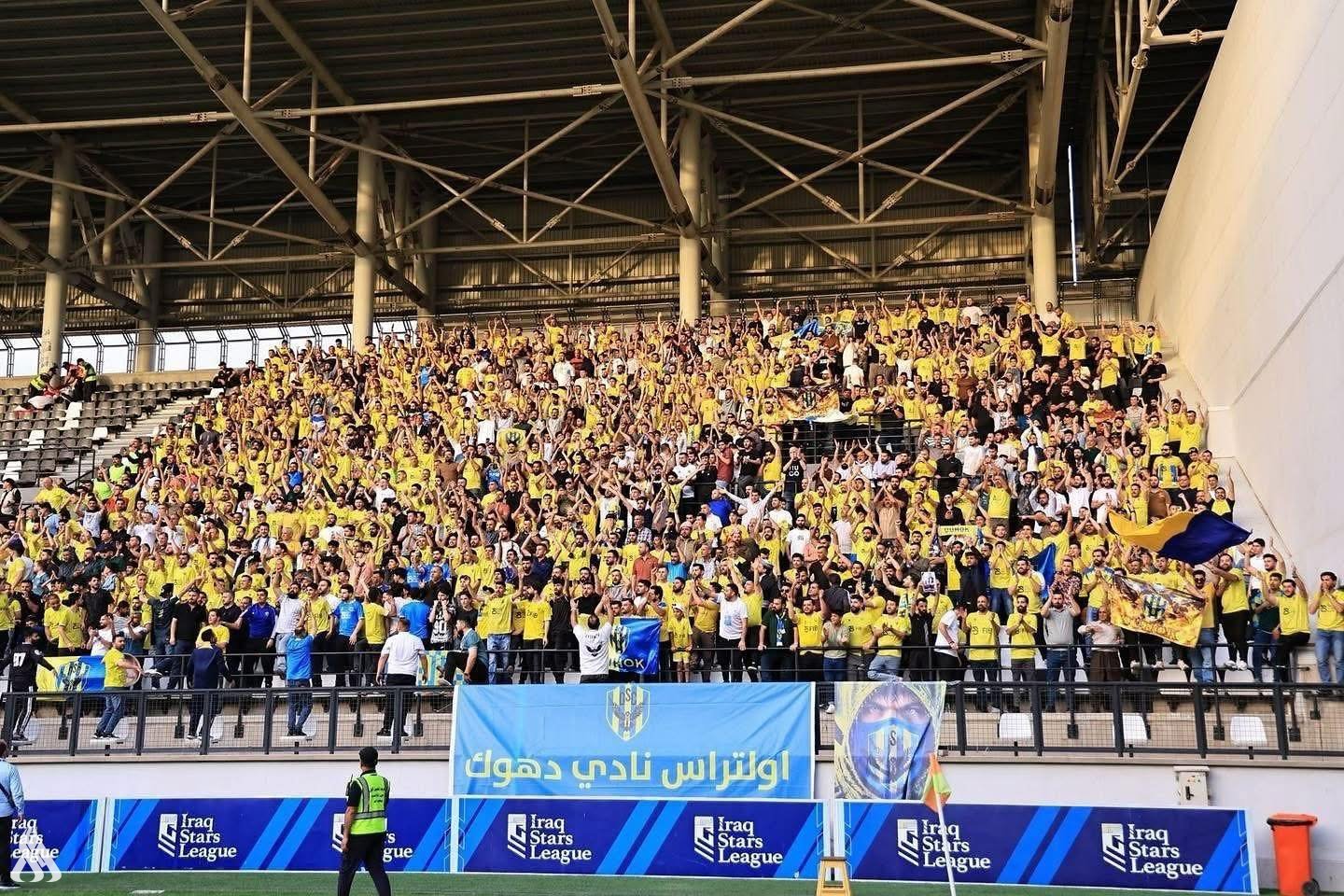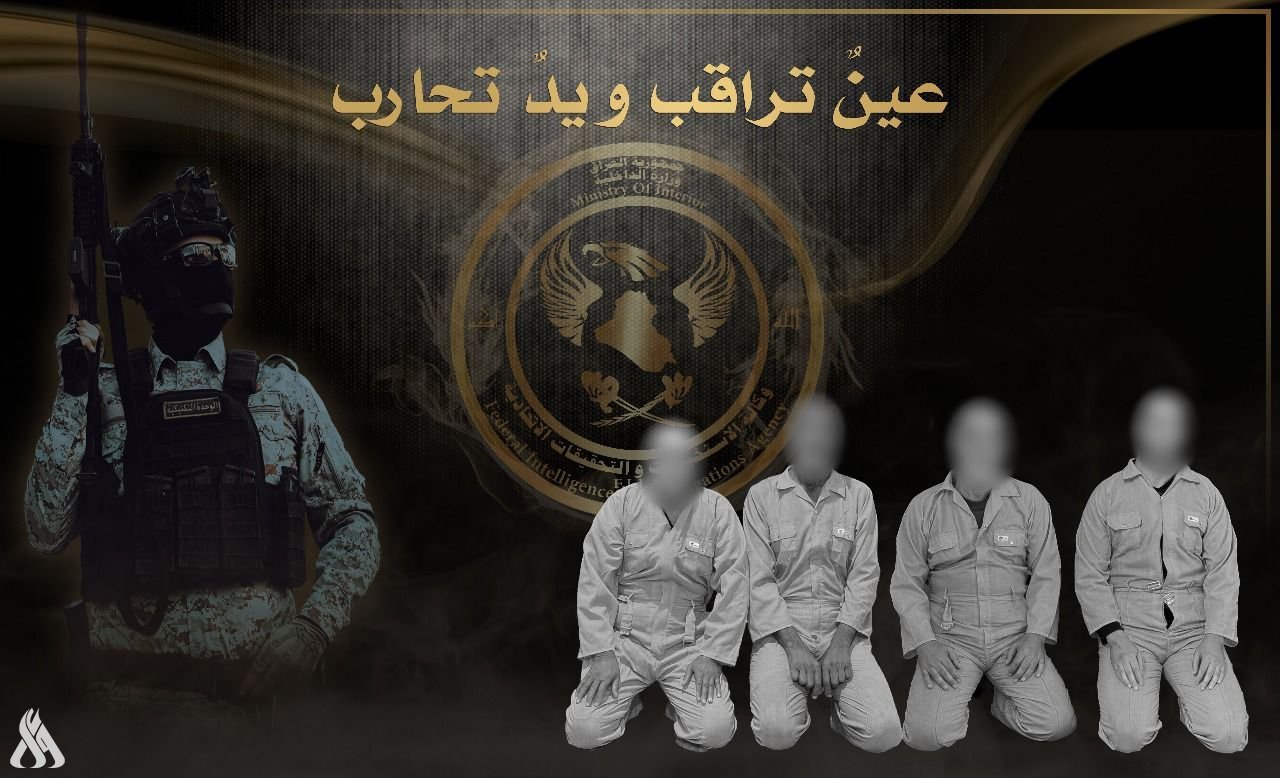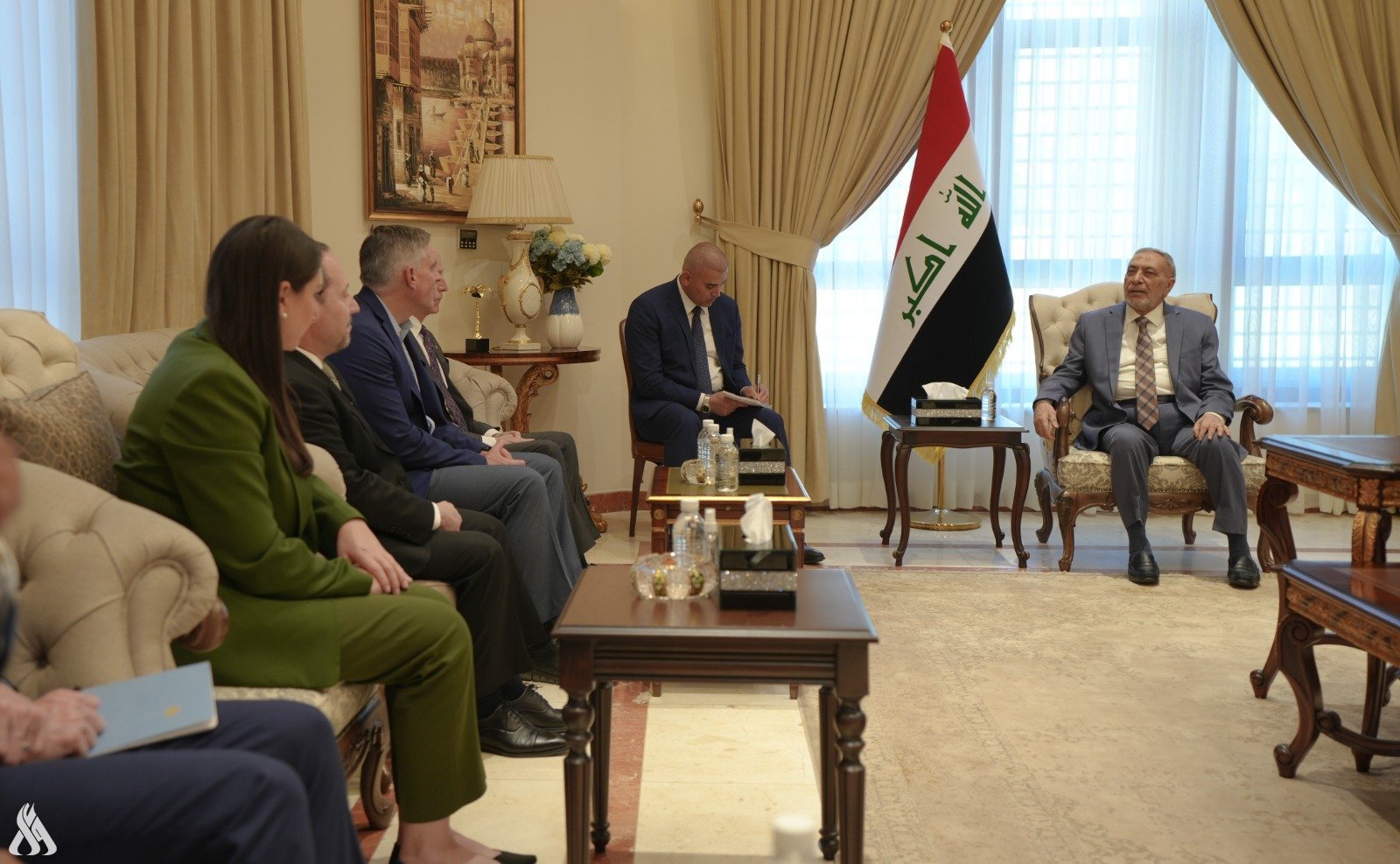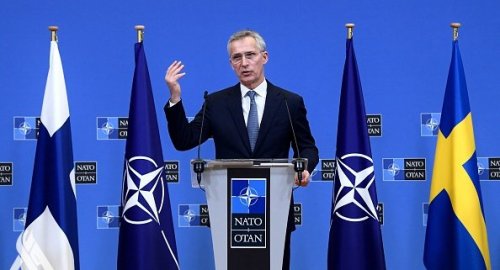
Turkey’s Erdogan Puts the Brakes on NATO’s Nordic Expansion

International
- 18-05-2022, 09:42
INA- sources
At a press conference in Ankara late Monday, Erdogan poured cold water on expectations that Turkish opposition to the enlargement plan could be easily resolved. The remarks were his clearest indication that he intends to block membership for the two countries, or at least extract concessions for it, since they announced their intentions to join over the weekend.
“These two countries lack a clear stance against terrorism” and “Sweden is a nesting ground for terrorist organizations,” Erdogan said. He also said that Turkey wouldn’t allow countries that impose “sanctions” on Turkey to join NATO, an apparent reference to restrictions on weapons sales imposed by several European nations.
Luxembourg Foreign Minister Jean Asselborn said Tuesday that Erdogan is using the situation as a negotiating ploy to try to extract concessions, including in the country’s efforts to buy F-35 fighter jets from the US.
“This bazaar mentality is present in Turkey and also in its chief, in Erdogan, we know that,” Asselborn said on Germany’s Deutschlandfunk radio. “I think he’s just pushing up the price, but at the end of the day I’m convinced that Turkey can’t put the brakes on this.”
The Pentagon ousted Turkey from the program to buy -- and help build -- Lockheed Martin Corp.’s F-35 in July 2019, after Erdogan’s government purchased the Russian-made S-400 missile system.
In September, Turkey sent a formal request to the US to buy 40 new F-16 Block 70 aircraft and nearly 80 kits from Lockheed Martin to modernize its existing fighters. Turkish Foreign Minister Mevlut Cavusoglu plans to meet Secretary of State Antony Blinken on Wednesday and discuss the issue, with any deal potentially worth as much as $6 billion.
NATO Secretary General Jens Stoltenberg had said he expected to work through the last-minute wrinkle to the enlargement plan. But that looks unlikely to happen immediately, with Erdogan saying Monday that officials from Sweden and Finland planning to visit Ankara for talks shouldn’t even bother coming.
Much of the dispute boils down to how allied countries differentiate between two linked Kurdish groups that Turkey is fighting against. While Turkey, the US and European Union are aligned in considering the Kurdistan Workers’ Party, or PKK, a terrorist organization inside Turkey, the US and Europe have armed the group’s Syrian affiliate, the YPG. Turkey considers the YPG and PKK to be branches of the same group.
Western support for the Kurdish fighters inside Syria accelerated after Islamic State captured vast swaths of Syria and Iraq starting in 2014. The US and some European governments funneled support, including weapons, to the YPG to help roll back the jihadist gains.
Turkey, alarmed at the prospect of a well-armed proto-Kurdish army that could aid separatist Kurdish aspirations, sent its army into Syria to push the group away from its border. Many EU countries, including Sweden and Finland, then responded with restrictions on weapons sales to Turkey.
Earlier Monday, Turkey’s state news agency Anadolu laid out a detailed account of Turkey’s specific complaints about Sweden and Finland’s alleged support for Kurdish militants.
It reported that Swedish-made AT-4 anti-tank weapons were used by the YPG in attacks on Turkish forces in Syria, without claiming that Sweden provided the munitions that are in the arsenals of several militaries around the world. It also highlighted alleged contacts between senior Swedish and Kurdish officials.
Turning to Finland, Anadolu cited what it said was Helsinki’s opposition to Turkish cross-border military operations against Kurdish militants, and a 2019 decision not to approve any new defense export licenses to Turkey, the year EU foreign ministers together pledged to restrict arms sales to Turkey over its military operation in Syria.
A senior Turkish official confirmed that the Anadolu report reflects Ankara’s concerns.
Why Kurdish YPG Is an Issue in Sweden’s NATO Bid: QuickTake
On Monday, Finland’s foreign minister reiterated his surprise at the late Turkish intervention in his country’s application.Speaking in parliament in Helsinki, Pekka Haavisto said Cavusoglu had informed him on May 5 that the Finnish accession into NATO would be a “very straightforward process in Turkey,” and that President Sauli Niinisto had been relayed a similar message by Erdogan.
“Since then, these additional questions have arisen, relating to PKK,” Haavisto said. “We have a clear answer. We’re not bargaining, we respond: PKK is banned in Finland, because it’s also on the EU list of terrorist organizations.”
The Speaker of the Arab Parliament arrives in Baghdad
- politics
- 04:30
PM Al-Sudani offers condolences on death of writer Jumaa al-Lami
- Culture and art
- 02:54
Duhok of Iraq and Qadsia of Kuwait match kicks off
- Sport
- 25/04/15
Four Daesh terrorists detained in Salahuddin
- Security
- 25/04/14
Two ISIS hideouts destroyed, killing those inside in Salah al-Din
- Security
- 25/04/13
Date Set for 'El Clasico' Final of the Copa del Rey
- Sport
- 25/04/12
